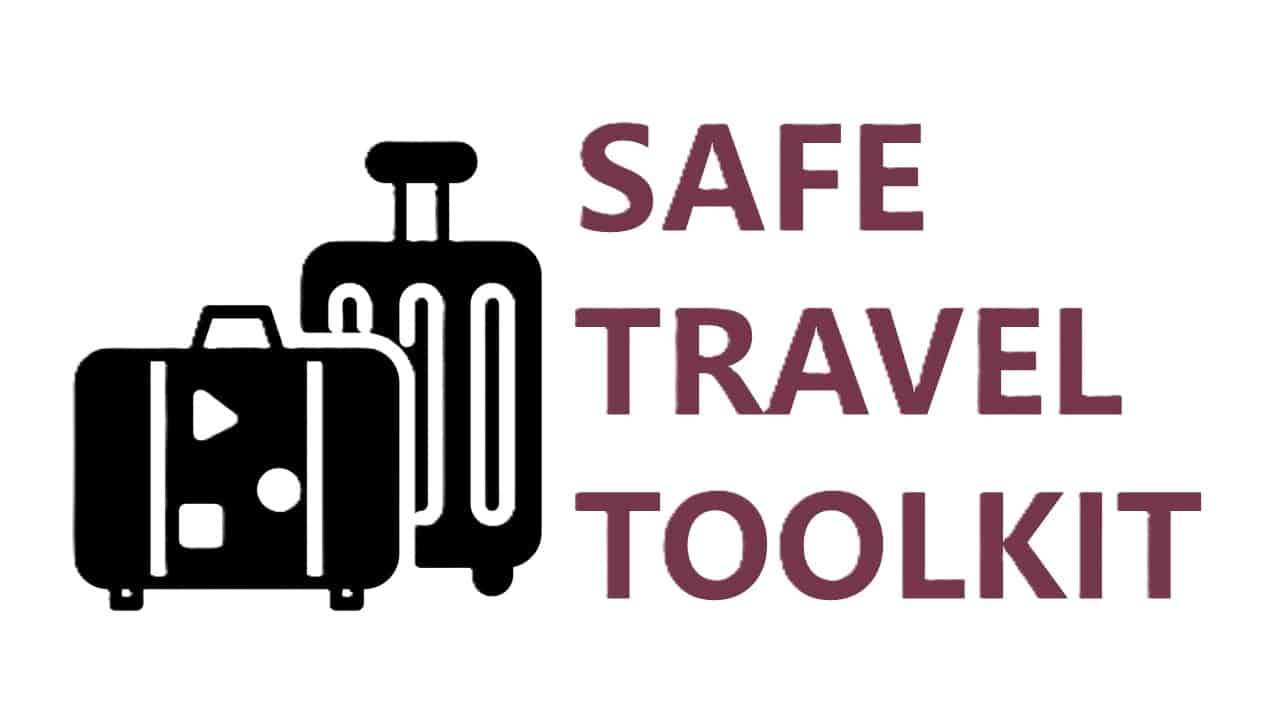Travel Psychological Emergency Management, atrue story : During her solo backpacking trip across Europe, Sarah encountered unexpected psychological challenges. Her agoraphobia and anxiety flared up in unfamiliar cities, leading to panic attacks in crowded places. Frustrated and feeling overwhelmed, she reached out to a local support group she found online. With their guidance and coping strategies, Sarah learned to manage her travel-related psychological emergencies. Her journey became a transformative experience, showcasing the importance of psychological well-being during travel.
Travel Psychological Emergency Management – Managing Psychological Emergencies While Traveling
Travel is often an opportunity for relaxation and enjoyment, but sometimes, psychological emergencies can occur, leading to stress and anxiety. Here’s how to cope with these situations far from home, using concrete examples:
1. Recognize the Signs:
- Pay attention to signs of stress, such as insomnia, irritability, or sadness.
- Example: You’ve been having trouble sleeping for several nights, even in a paradise-like location.
- Action: If the signs persist, don’t hesitate to talk to someone, whether it’s a friend or a mental health professional.
2. Reach Out to Someone:
- Contact a friend, family member, or mental health professional.
- Example: You call a close friend and share your concerns.
- Action: If you can’t reach someone from your inner circle, look for a local professional or a helpline.
3. Practice Relaxation:
- Use relaxation techniques such as deep breathing, meditation, or yoga.
- Example: Find a peaceful spot and practice meditation to calm your mind.
- Action: Dedicate time every day to these practices to maintain your mental well-being.
4. Avoid Isolation:
- Don’t stay alone if you’re feeling unwell.
- Example: Instead of staying in your hotel room, join a group excursion to meet other travelers.
- Action: Make social plans, whether for guided tours, group meals, or simply conversations with fellow travelers.
5. Learn About Local Resources:
- Identify local hospitals, clinics, or mental health professionals.
- Example: You’ve noted the location of the nearest mental health clinic in your travel journal.
- Action: Keep this information handy in case you need it.
6. Consider Travel Insurance:
- Check if your travel insurance covers psychological emergencies.
- Example: You called your insurance company to inquire about coverage.
- Action: Before embarking on your trip, ensure that your insurance includes psychological assistance if needed.
7. Avoid Stress Triggers:
- Plan your trip with relaxing activities and downtime.
- Example: You decide to take a rest day after intensive exploration for several consecutive days.
- Action: Schedule regular breaks in your itinerary to prevent exhaustion.
8. Keep a Travel Journal:
- Writing down your thoughts and emotions can be therapeutic.
- Example: Every evening, you write a journal to express how you felt during the day.
- Action: Maintain a journal to better understand and process your emotions.
9. Be Well-Prepared:
- Bring medications and emergency contacts with you.
- Example: You packed your anxiety medications and noted local emergency numbers.
- Action: Ensure that your first-aid kit contains essential medications and keep your emergency contacts easily accessible.
Risks Mapping and dangers on vacation, far from home
- Coping with Travel Mental Health Crises
- Handling Travel Panic and Anxiety Situations
- Travel Emotional Crisis Management
- Navigating Psychological Challenges While Traveling
- Dealing with Travel-related Mental Health Emergencies
- Travel Stress and Anxiety Coping
- Managing Travel Psychological Distress
- Traveling with Emotional Resilience
- Coping with Anxiety Abroad
- Emergency Psychological Support for Travelers
Remember that feeling stressed while traveling is normal, but it’s crucial to recognize and address psychological emergencies to maintain a safe and enjoyable journey. The examples above illustrate how to apply these tips in real-life situations. Don’t hesitate to seek help if needed; your mental well-being is valuable.








